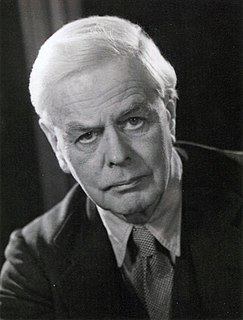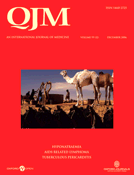
The Balfour Declaration of 1926, issued by the 1926 Imperial Conference of British Empire leaders in London, was named after Lord President of the Council Arthur Balfour. It declared the United Kingdom and the Dominions to be:
... autonomous Communities within the British Empire, equal in status, in no way subordinate one to another in any aspect of their domestic or external affairs, though united by a common allegiance to the Crown, and freely associated as members of the British Commonwealth of Nations.

Lionel George Curtis CH (1872–1955) was a British official and author. He advocated British Empire Federalism and, late in life, a world state. His ideas concerning dyarchy were important in the development of the Government of India Act 1919 and more generally, his writings influenced the evolution of the Commonwealth of Nations.

The Secretary of State for the Colonies or Colonial Secretary was the British Cabinet minister in charge of managing the United Kingdom's various colonial dependencies.

Sir Ivison Stevenson Macadam was the first Director-General of the Royal Institute of International Affairs, and the founding President of the National Union of Students.
Jerome Davis Greene (1874-1959) was an America banker and a trustee to several major organizations and trusts including the Brookings Institution and the Rockefeller Foundation.
The Nehru Report of 28-30 August, 1928 was a memorandum outlining a proposed new dominion status constitution for India. It was prepared by a committee of the All Parties Conference chaired by Motilal Nehru with his son Jawaharlal Nehru acting as secretary. There were nine other members in this committee. The final report was signed by Motilal Nehru, Ali Imam, Tej Bahadur Sapru, Madhav Shrihari Aney, Mangal Singh, Shuaib Qureshi, Subhas Chandra Bose, and G. R. Pradhan. Shuaib Qureshi disagreed with some of the recommendations.

QJM, in the past subtitled Monthly Journal of the Association of Physicians and now An International Journal of Medicine, is a British peer-reviewed medical journal which was established in October 1907 as the Quarterly Journal of Medicine. Originally published quarterly, it changed to being a monthly publication at the beginning of 1985. While retaining its original initials for continuity, its name was changed in recognition of its new frequency of publication.
Sir Alfred Eckhard Zimmern (1879–1957) was an English classical scholar and historian, and political scientist writing on international relations. His book The Third British Empire was among the first to apply the expression "British Commonwealth" to the British Empire. He is also credited with the phrase "welfare state", which was made popular a few years later by William Temple.
Frederick Scott Oliver, or F.S. Oliver (1864–1934), was a prominent Scottish political writer and businessman who advocated tariff reform and imperial union for the British Empire. He played an important role in the Round Table movement, collaborated in the downfall of Prime Minister H. H. Asquith’s wartime government and its replacement by David Lloyd George in 1916, and pressed for "home rule all round" to resolve the political conflict between Britain and Irish nationalists.
The men's 440 yards at the 1962 British Empire and Commonwealth Games as part of the athletics programme was held at the Perry Lakes Stadium on Monday 26 November and Thursday 29 November 1962.
The men's 4 × 440 yards relay at the 1962 British Empire and Commonwealth Games as part of the athletics programme was held at the Perry Lakes Stadium on Saturday 1 December 1962.
The Journal of Imperial and Commonwealth History is a peer-reviewed academic journal covering the history of the British Empire and Commonwealth and comparative European colonial experiences. It was established in 1972 and is issued five times per year by Routledge. The editors-in-chief are Stephen Howe and Philip Murphy.
The Irish Centre Party was a short-lived federalist political party in Ireland which advocated establishing a federal structure for a self-governing Ireland within the British Empire. It was founded in 1919 by Stephen Gwynn and merged with the Irish Dominion League later that year.











